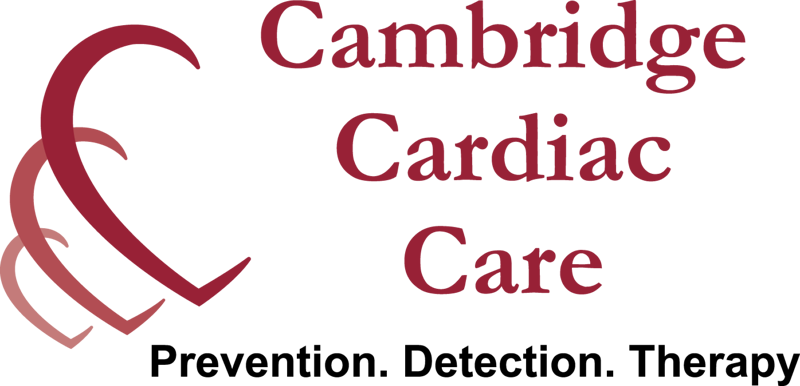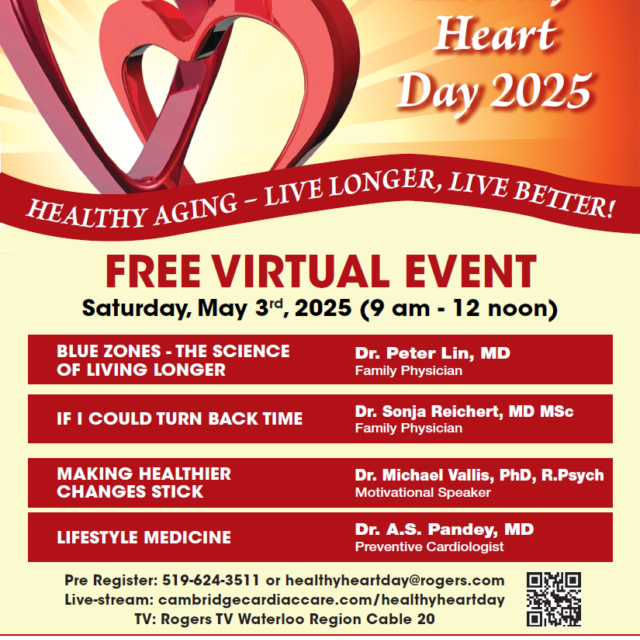A specialized clinic tailored to Atrial Fibrillation patients
The Afib clinic at Cambridge Cardiac Care is an innovative, multi-disciplinary medical unit, designed to address atrial fibrillation, specifically. We developed this unique Rapid Access program to reduce the risk of stroke, reduce hospital admissions and improve the life-long wellbeing of our Afib patients. That is why we work hard to eliminate barriers to access: the clinic is free-of-charge, multi-lingual, wheelchair-accessible and open to all Afib patients regardless of their geographical place of residence. The only requirements are a referral from your health care provider and a personal commitment to improving your heart health.


 1.jpg)




